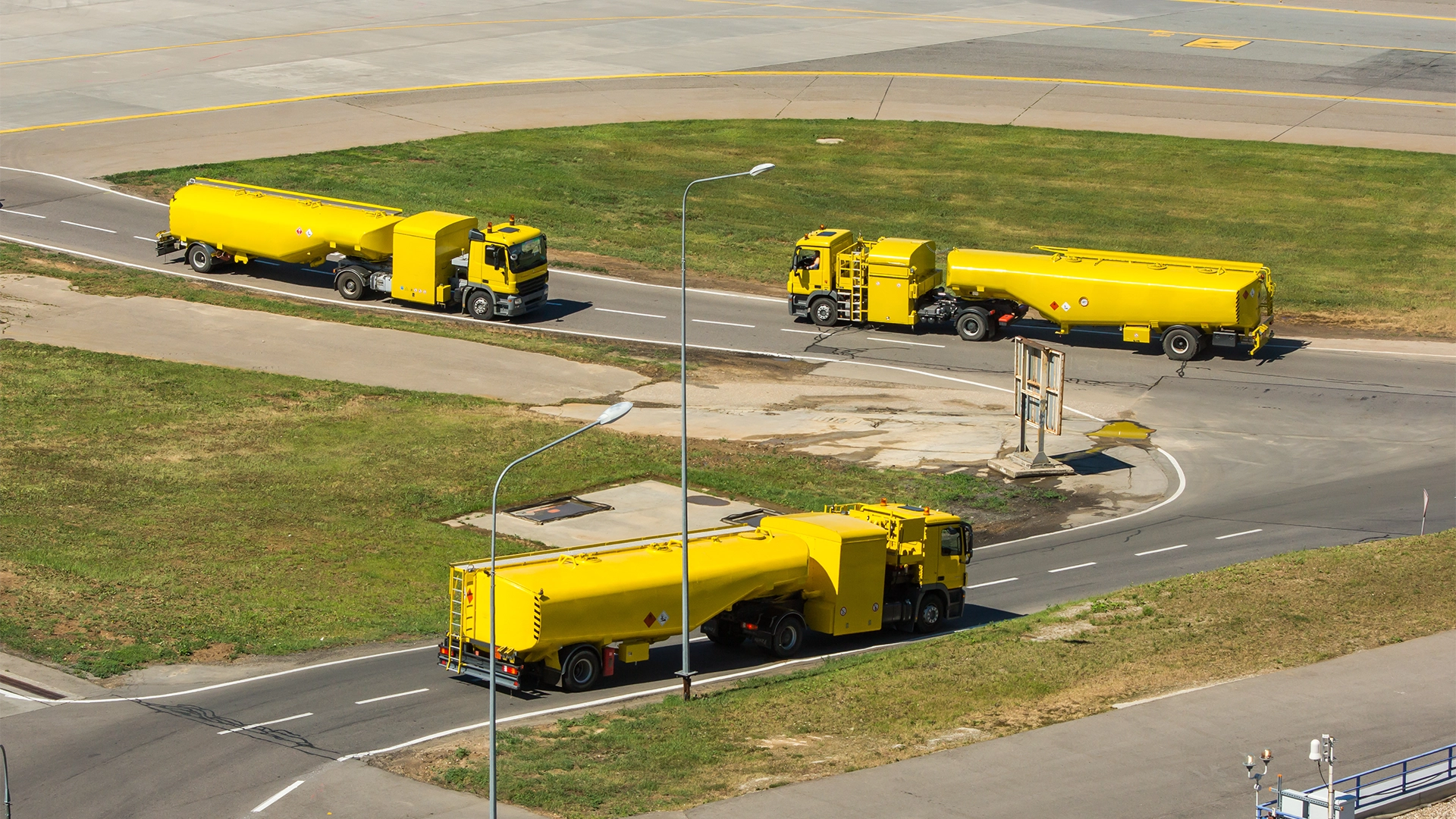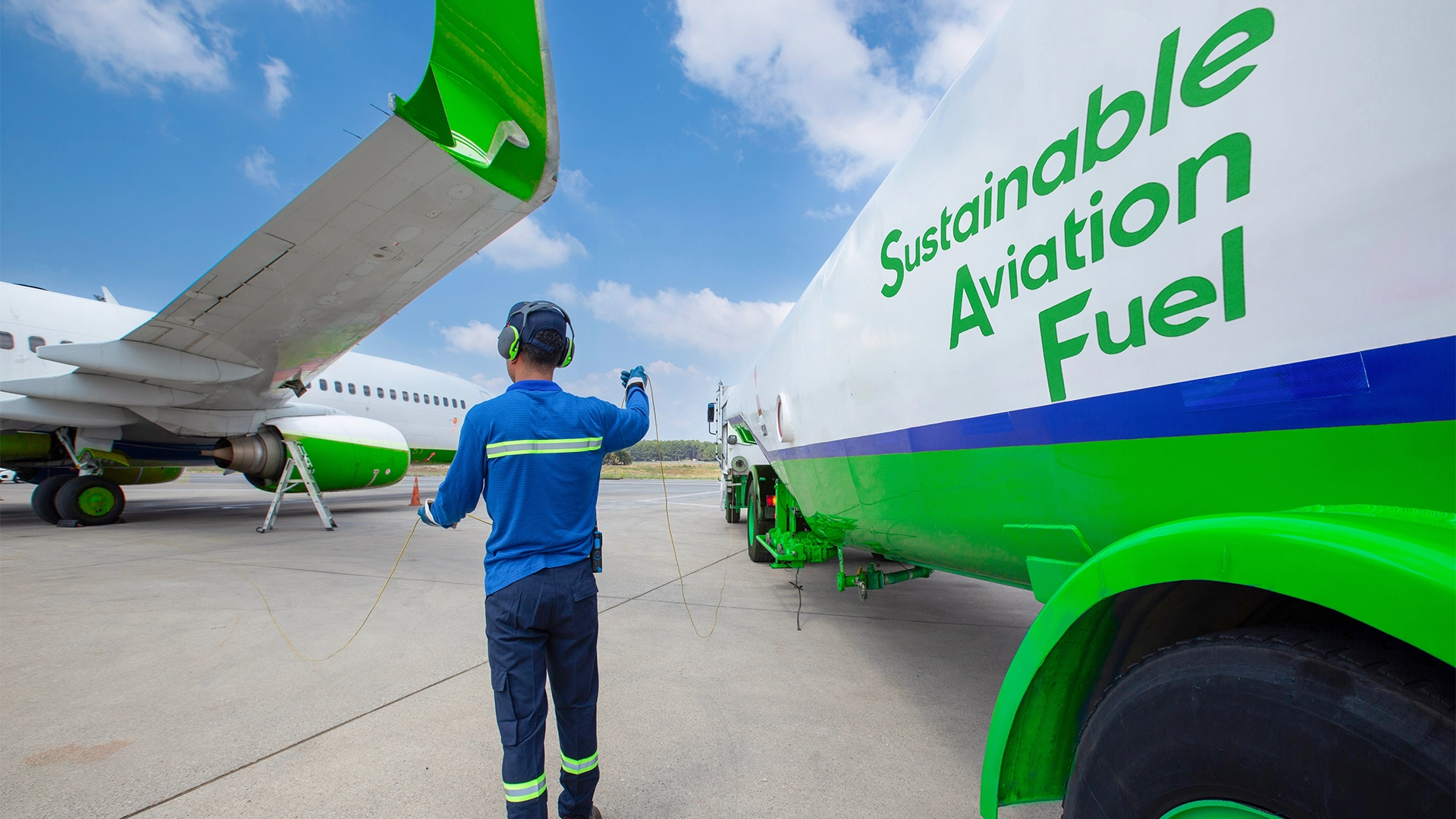
Researchers at the University of Illinois Urbana-Champaign have successfully created sustainable aviation fuel (SAF) from food waste using a novel method that satisfies all current industry requirements. This innovative two-part thermochemical conversion process is aimed at solving two challenges: agricultural or food waste plus the growing demand for lower emissions in air travel.
The team used hydrothermal liquefaction (HTL) to convert the organic waste directly into a biocrude oil. Next, they purified this oil by first removing basic contaminants like salt and water, and then employed catalytic hydrotreating to strip away elements such as nitrogen, oxygen, and sulfur, resulting in pure hydrocarbon fuel. A key breakthrough is that this SAF does not need to be mixed with traditional fossil fuels, offering a powerful tool to help the aviation industry meet its ambitious net-zero carbon emissions goal by 2050.




